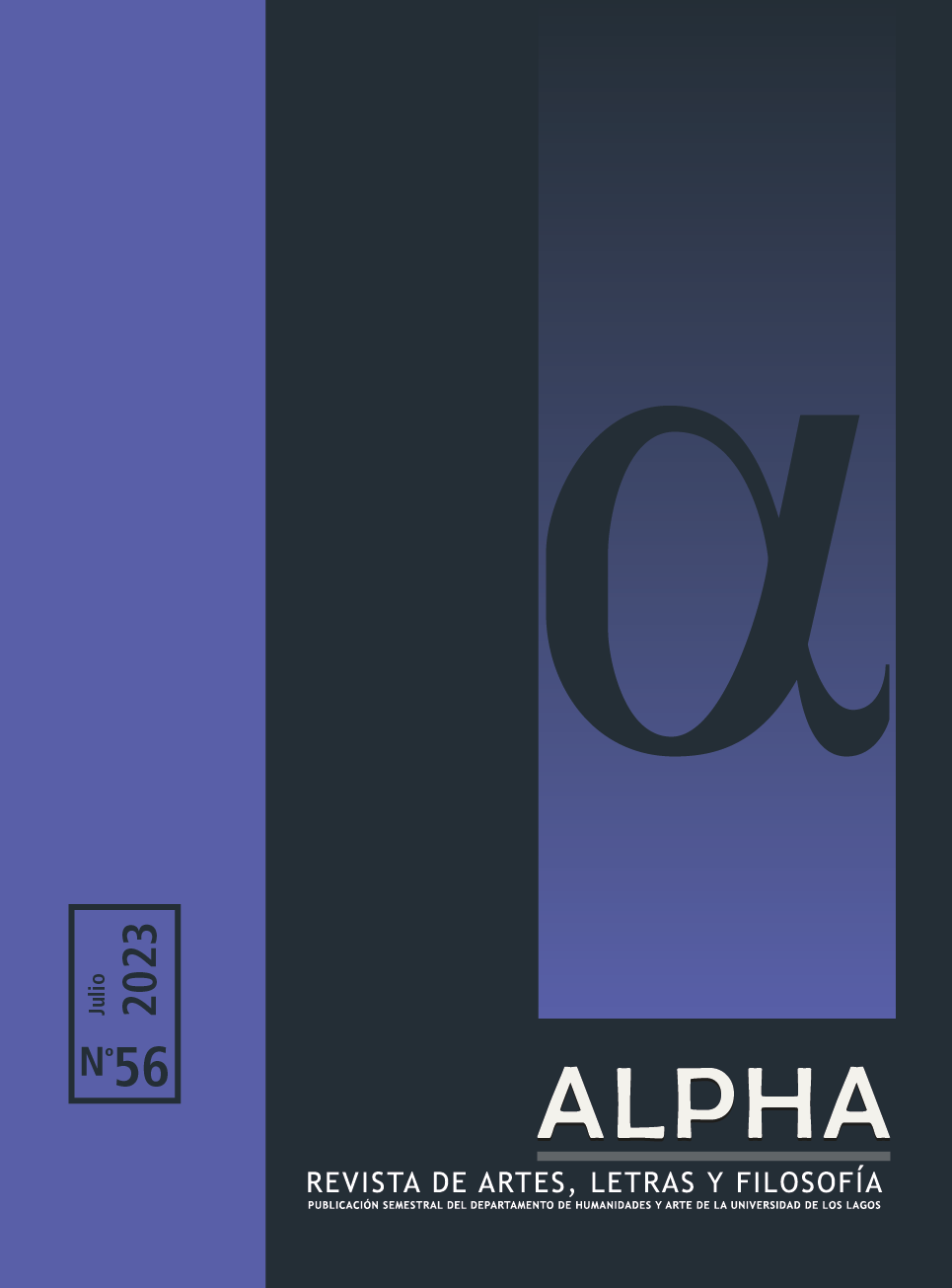El trauma colectivo y el papel de la reparación en Louise Erdrich
Main Article Content
Abstract
Following a hunting accident on an Ojibwe Indian Reservation, Louise Erdrich’s LaRose (2016) explores such intricate issues as historical injustices, collective grief, intergenerational trauma, revenge, and acts of reparation. The death of a Native boy triggers off the apparition of all kinds of ghosts and resentment in the two families involved, but also in the community at large. Neither the judicial system nor religion seem able to offer much relief for the immense grief generated by the catastrophe. This article shows how it is only the Ojibwe tradition of atonement and reparation, and the presence of the novel’s hero, that manage to heal some of the psycho-wounds opened by the accident and allow the community to recover, at least partly, their harmony and balance.
Article Details
Downloads

This work is licensed under a Creative Commons Attribution-NonCommercial 4.0 International License.
